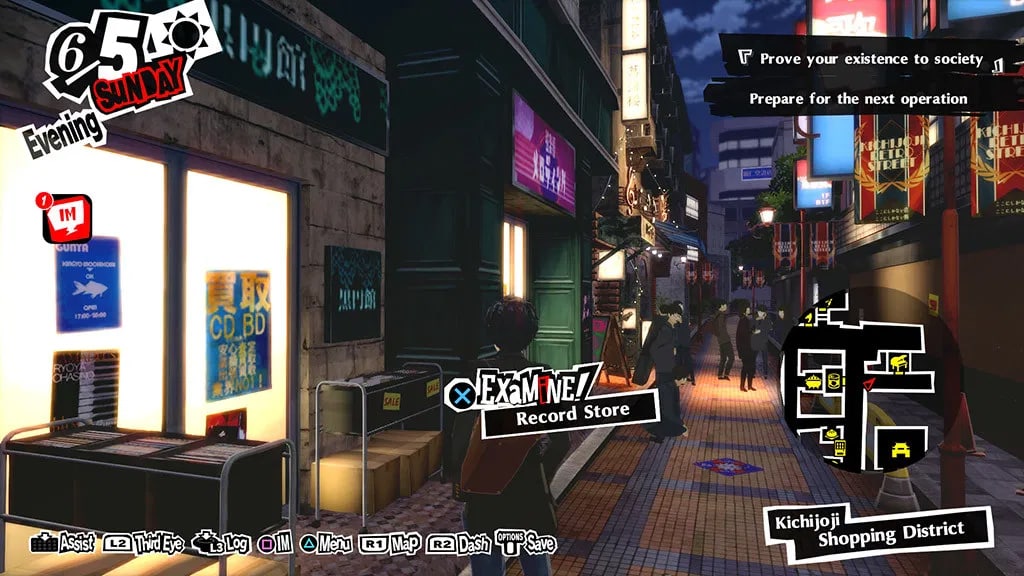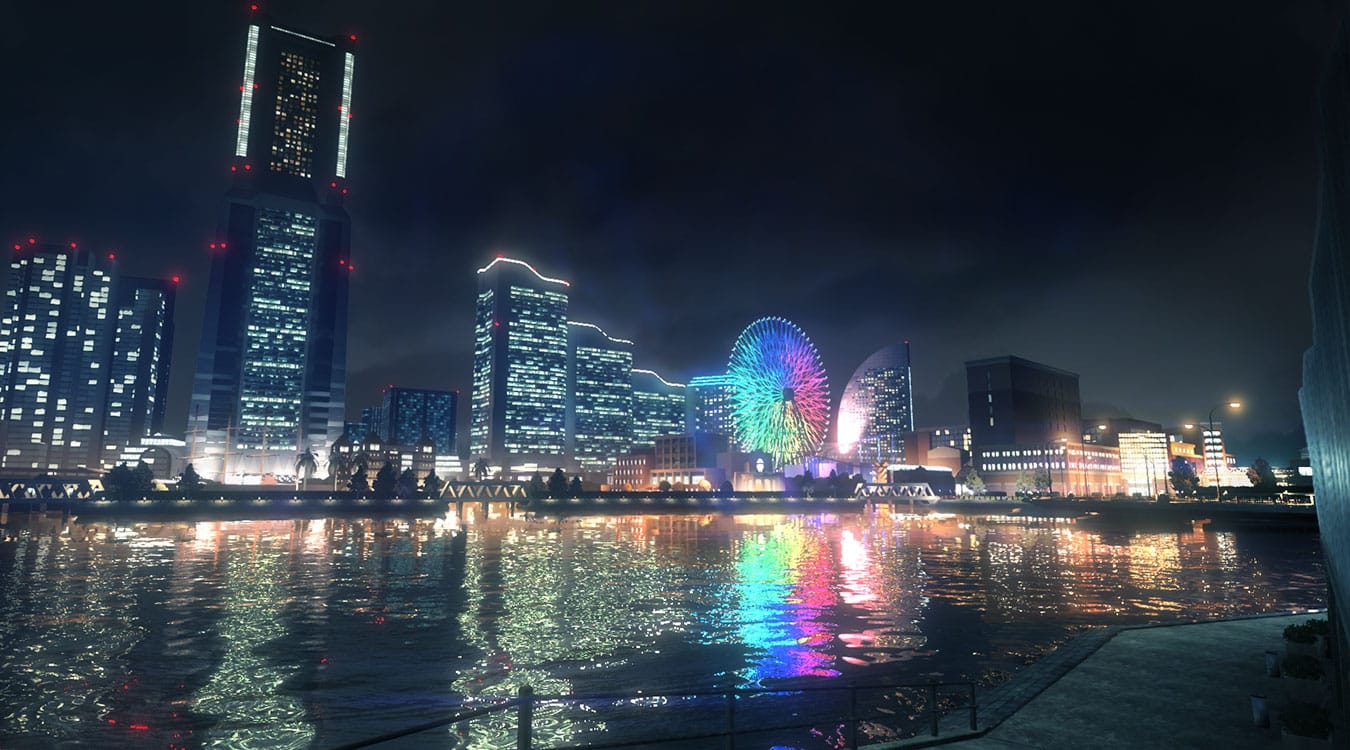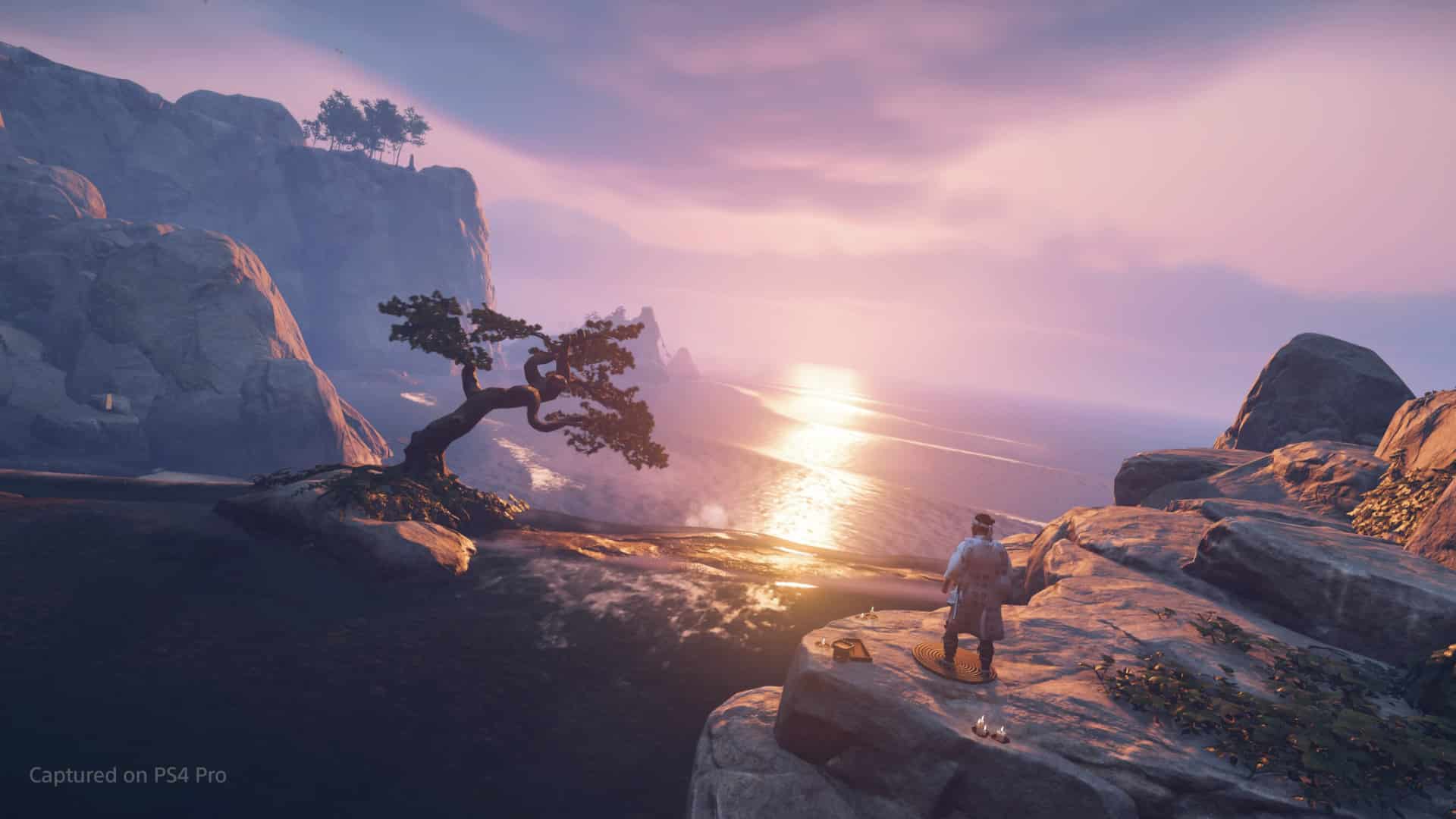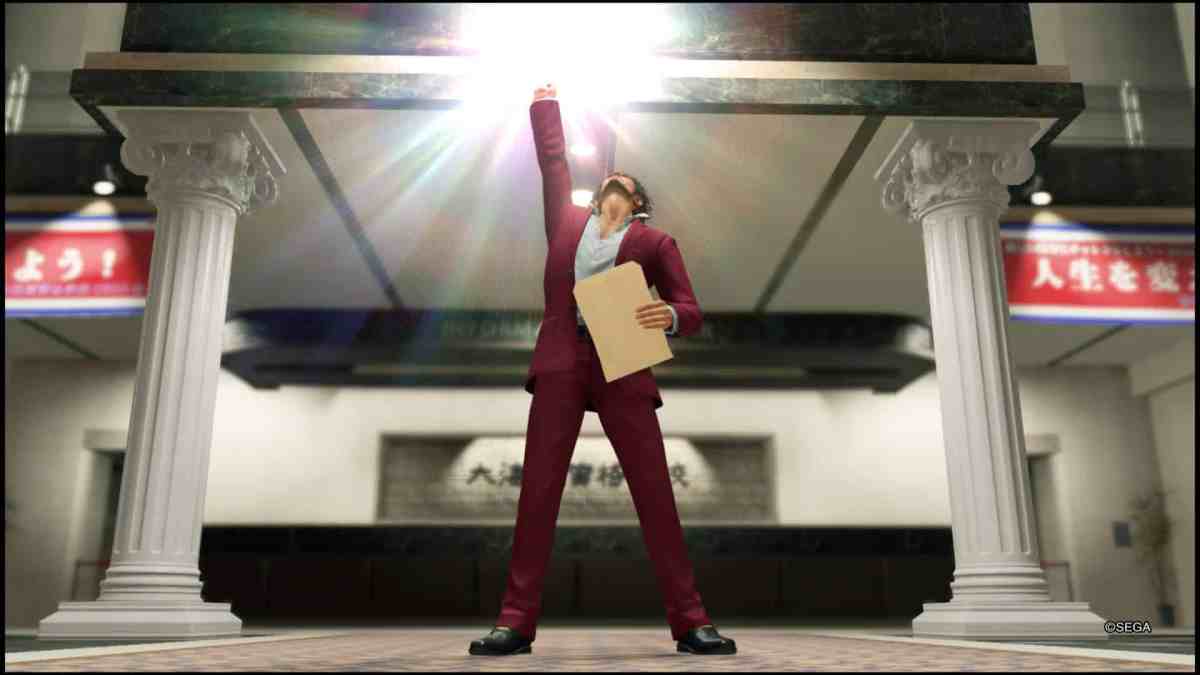This virtual tourism of video games includes some light spoilers for Cyberpunk 2077.
Somewhere nestled near the bottom of the list of important things that 2020 has taken away from us is the ability to travel without any sort of crippling fear. Over the past decade, I’ve been on hundreds of flights, oftentimes spending as much time away from my apartment as I did inside of it. The ability to travel around both the country and the world at large is one of my absolute favorite things in life. Whether it’s getting lost in the middle of nowhere, stepping onto a busy sidewalk of a bustling city, or landing in an airport where you can’t read the signs, I crave these experiences of venturing outside my comfort zone.
But 2020 is different. I’ve rarely left my neighborhood, can count on both hands the amount of times I’ve left my city limits, and the closest I’ve even considered heading anywhere close to an airport is watching video essays on Microsoft Flight Simulator, like this fantastic one by Jacob Gellar. So with this newfound travel-less void in real life, I looked towards the video games I was playing as a means of fulfilling that particular sense of wanderlust. And fortunately, the right games came along that did just that.
The first time I really felt a game being able to fill this role was in the early days of the pandemic. With stay-at-home orders still a relatively new thing we were becoming acclimated to, I dove headfirst into a 125-hour adventure in Persona 5 Royal. Though it was my third time through the adventure of the Phantom Thieves, playing through Royal in 2020 hit a bit differently, especially when it came to moments in the game where I had a night free from any major story beats or locked-in obligations. I wrote about it more in depth at the time, but being given the freedom to just wander around a city at night without a clear destination in mind, blending in with crowds and feeling like just a tiny piece of something much bigger, is an urban sensation that I’ve been painfully missing this year.
This yearning for virtual tourism continued on through the year, melding in with the launch of the new consoles. While I loved the grand spectacle of Spider-Man: Miles Morales on PlayStation 5 — including a thrilling boss battle against Rhino where we accidentally demolished an entire shopping mall — I gravitated towards the quieter moments of it all.

Early on in the game, Miles steps outside his apartment and finds himself in the middle of a bustling Harlem street festival. Set in winter, I could feel the stretches of cold between the warmth of heated tents. The sights, sounds, and smells of the celebration didn’t just help add depth to Miles and the culture of his neighborhood, but gave me a familiar taste of so many communal events we missed throughout the year.
For me, a major part of the joy of traveling comes from visiting new bars and restaurants in whatever city I find myself in. For me, visiting a restaurant for the first time and having an incredible meal, or stumbling upon the perfect dive bar, feels like a major accomplishment. Chalk that up to another thing taken away in 2020, and another thing that video games were able to help ease the pain of just a little bit: especially Yakuza: Like a Dragon.
Also coming at the launch of the new consoles, Yakuza’s densely packed Isezaki Ijincho is filled with restaurants, shops, and bars to visit with my growing gang of weirdos. It quickly became imperative that I popped into every new eatery I found and shelled out the yen for a meal with my crew. Never mind that we just had takoyaki at the Highball Tavern down the road; we have to stop into this hole in the wall and try their beef bowl.
But the main haunt in Like a Dragon that you revisit dozens of times throughout the game is the Survive Bar, which becomes your crew’s de facto hideout/whiskey joint. I know it sounds silly, but in 2020 I’ve deeply missed my favorite bar, my favorite bartenders, and my favorite bar pals. I have an uncountable number of fond memories in that specific watering hole, and the fact that Yakuza was able to come along and distill some of that into Survive brought more than a couple pangs of nostalgia.

Staying on topic, throughout all of Cyberpunk 2077’s highs (a dense city packed with a sensory overload of detail) and lows (broad gesturing at the entirety of video game discourse from the past few weeks), there was one scene in Night City that felt absolutely transportive. A death occurs near the end of the opening act of the game, but an optional quest allows you to reconnect with loved ones of the deceased and attend a funeral held at the person’s favorite bar. It’s here that you learn so much about this person through their friends and family, both old and new. It’s the kind of celebration of life that seems to only come around as a direct reaction to death.
2020 has taken a lot from all of us. I’ve missed weddings and I’ve missed funerals, and I consider myself one of the lucky ones. So for Cyberpunk to surprise me with a genuinely moving public tribute to a character I had only known briefly is something that I didn’t take lightly.
While the virtual tourism I’ve touched on so far all comes from urban settings, I also found myself getting lost in the vast and beautiful wilderness of some of 2020’s best games, particularly Ghost of Tsushima. Some open-world games that I loved this year, like Ubisoft’s Immortals Fenyx Rising, are absolutely inundated with points of interest, waymarkers, and things to check off your list. While I do appreciate the goal-oriented itch these kinds of systems tend to scratch, the thing that stuck out to me about Tsushima was just how often I found myself aimlessly meandering across the Japanese island.

There’s something poetic about the way Jin wanders across Tsushima — and not just because of his occasional haiku breaks. The way the morning sun drips through a dense canopy, the bending of grass to a gentle breeze, and the distant framing of what lies at and beyond the horizon all make for a world that’s undeniably calming in its natural beauty. It’s so easy to avoid combat that I’d oftentimes forget that this was ultimately a violent tale of revenge. In lieu of getting actually lost in the middle of nowhere, Ghost of Tsushima delivered an interactive nature poem that I craved.
These are just a few of the ways that video games have helped me cope with the confinements of 2020. Take the opening of The Last of Us Part II — set in the rebuilt civilization of Jackson, it was filled with so much life, before the story spiraled out of control towards its tragic inevitability because of so much death. And that’s not even taking into account the communal nature of games, like the magnetic pull of Animal Crossing: New Horizons that took over my distanced social circles in the spring.
The list could go on and on, but ultimately, it all boils down to the power that video games have to transport us to another time and another place. Even with the vaccine’s rollout gaining momentum, it’s clear that 2021 isn’t going to magically reset to some semblance of normality. But knowing that video games will continue to be there, delivering their specific and potent blend of escapism and virtual tourism, helps reassure me that we’ll be able to get through whatever the next year throws at us.






Published: Dec 28, 2020 01:00 pm